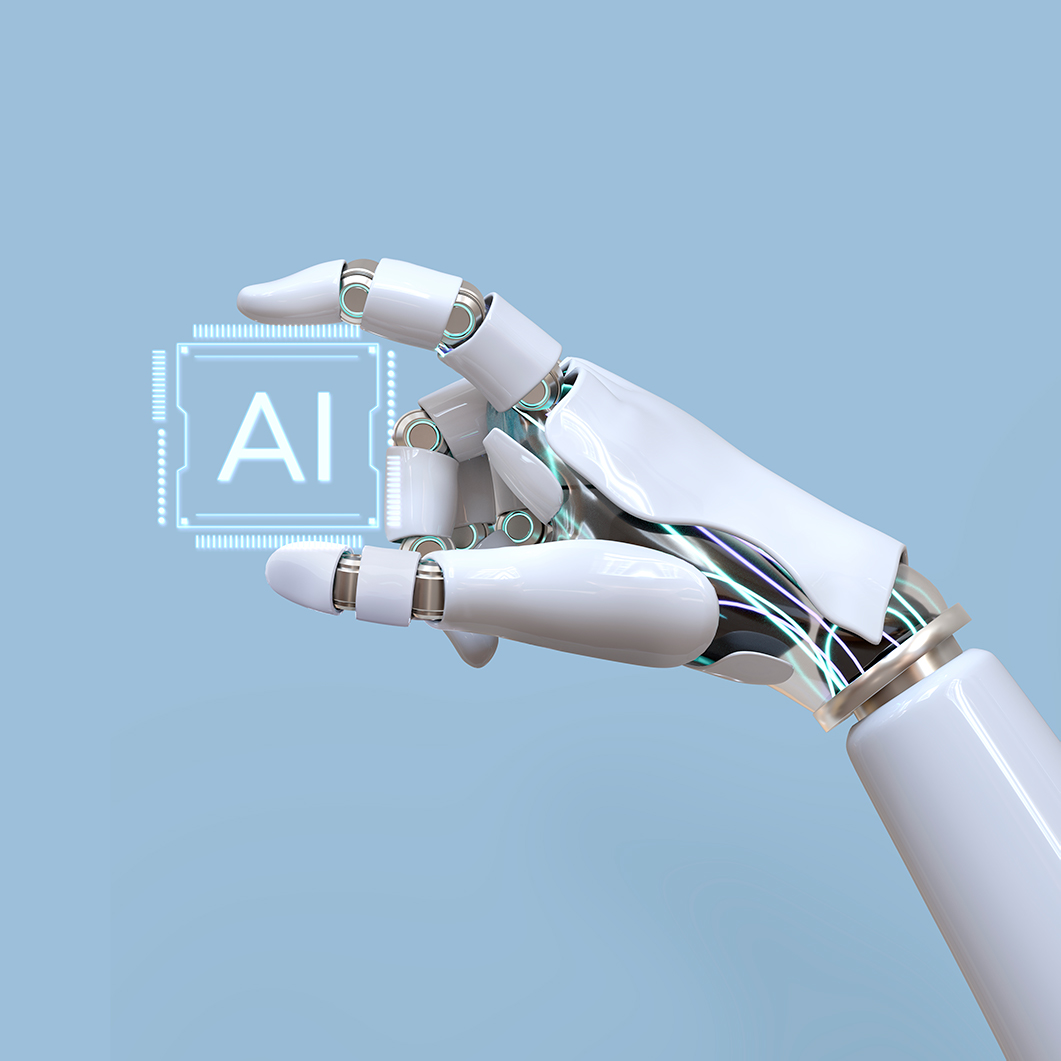AI Can Be Biased : Ensuring Equitable AI for All
- June 16, 2023
Artificial Intelligence (AI) has the potential to shape a more equitable future for everyone, but there is a significant flaw that deserves our attention. Many AI tools inadvertently perpetuate or even amplify the biases of their mostly white male creators. This leads to the repetition of mistakes and judgments, allowing racism and discrimination to persist in our society. It is crucial that we address these algorithmic biases and work towards creating AI systems that work for everyone.

Examples of Harmful AI Bias
There are sobering examples that highlight the harm caused by biased AI systems. For instance, facial recognition algorithms used worldwide failed to detect Black faces, forcing individuals like Joy Buolamwini to wear a white mask to be recognized by the technology. Similarly, Twitter’s image-cropping tool consistently favored white faces, and AI robots trained on vast image datasets perpetuated stereotypes by identifying women as “homemakers” and people of color as “criminals” or “janitors.”
Real-world Implications
These algorithmic biases have serious implications for people of color. Algorithms are now utilized in determining credit scores, evaluating job candidates, making college admissions decisions, predicting crime rates, influencing court bail and sentencing, and even guiding medical treatments. If these algorithms have learned racism along the way, they will perpetuate it, further exacerbating existing inequalities.
Addressing the Problem
It is important to recognize that Artificial Intelligence itself is not designed to be racist; it learns from the data and patterns it is exposed to. The key lies in the training process. Too often, algorithms are trained on incomplete or biased data, leading to unintentionally racist outcomes. To overcome this, we must diversify both the researchers creating AI systems and the datasets used for training. By including a broader range of perspectives and experiences, we can help AI systems learn better habits and produce more equitable results.
Creating Equitable AI Systems
Joy Buolamwini, after experiencing the biases of AI, founded the Algorithmic Justice League, advocating for diversity among AI coders and the use of inclusive training sets. Seattle tech entrepreneur Luis Salazar launched AI for Social Progress (AI4SP.org) to promote the adoption of diverse training sets that mitigate bias in AI technologies. These initiatives highlight the importance of addressing bias in AI systems and working towards more inclusive and equitable outcomes.
Call to Action
Business leaders and philanthropists have a crucial role to play in supporting efforts to mitigate bias and evaluating the outcomes generated by AI systems for gender and racial bias. AI is reshaping our lives, and if we approach it with a commitment to equity, the future holds remarkable possibilities. It is imperative that we take concrete steps to eliminate systemic bias and racism from AI platforms before it’s too late. Together, let’s work towards making AI the dawn of an exciting new era for everyone, leaving behind the mistakes of the past.
Hashtags: #AI #Diversity #AIforEquity #AlgorithmicJustice #DiversityInTech #InclusiveAI
Share on Social Media
facts corner
Featured Articles
-
The Divine Nine: History of Black Sororities and Fraternities
-
The Surge in HBCU Enrollments: Why More Students Are Choosing HBCUs
-
Sacramento State Launches First Black Honors College
-
Juneteenth and the Power of Education: From Liberation to Legacy
-
First-Generation Students: Navigating Challenges, Creating Opportunities
-
A Curated Collection of Powerful Talks for Black History Month: Empower Through Dialogue


